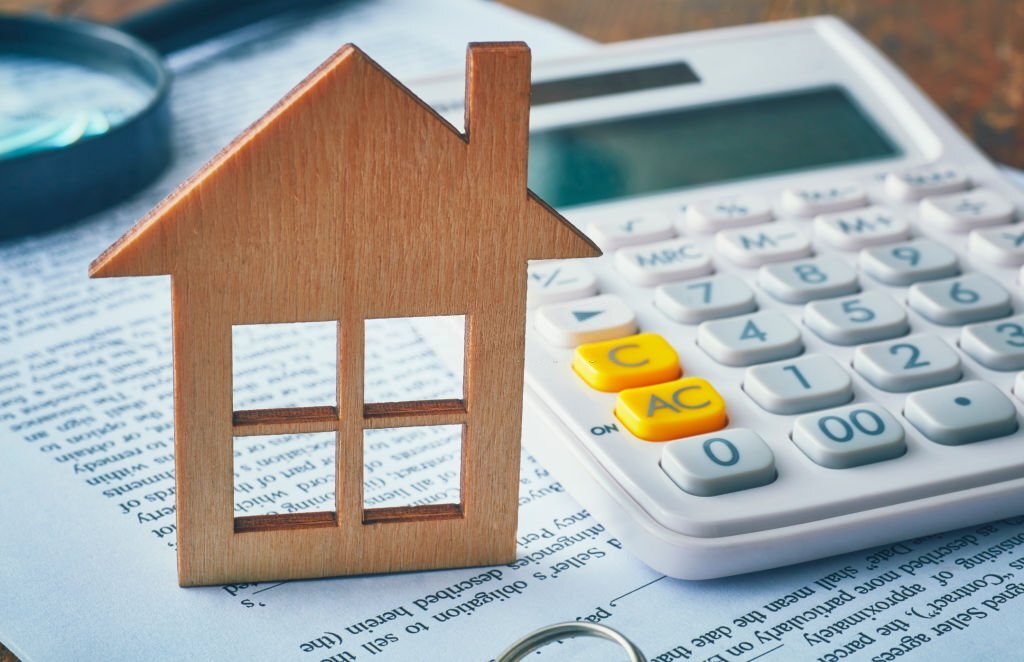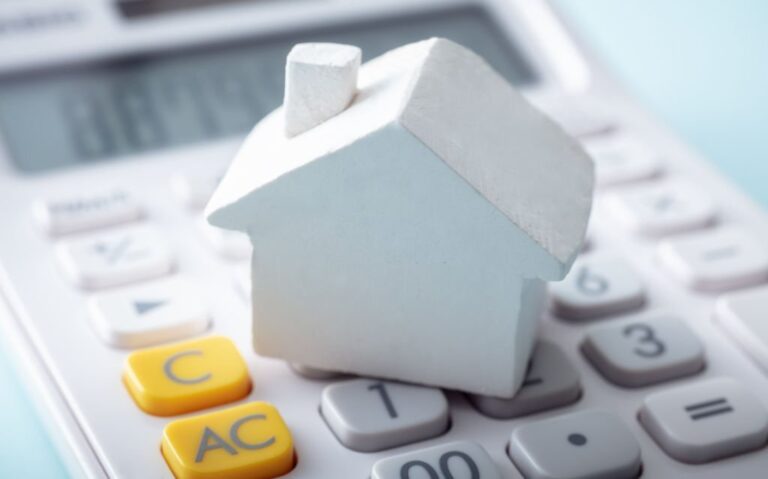Selling a house or apartment is a complex and multifaceted process that entails considerable costs and financial considerations. As a seller, it is of utmost importance to possess a profound comprehension of these expenses in order to make well-informed decisions and maximize your financial gains. By grasping the intricacies of the costs involved, you can effectively plan, budget, and strategize your way through the selling process, thereby ensuring a seamless and financially advantageous transaction.
Know the Costs off Selling
In this article, our objective is to provide readers with a comprehensive breakdown of the costs associated with selling a house or apartment across different regions. We aim to furnish you with detailed information pertaining to these expenses, equipping you with the knowledge necessary to navigate the selling process successfully. Our comprehensive overview will encompass both mandatory and optional costs that you may encounter, encompassing a wide range of expenditures such as administrative fees, property valuation, marketing fees, home staging, professional photography, legal fees, agent commissions, service and conservancy charges, upgrading costs, resale levy, and even reimbursements to new owners for extensions of their stay.
Understanding these costs assumes paramount importance as it empowers you to meticulously plan your finances, establish realistic expectations, and make well-informed decisions at every stage of the selling process. By presenting you with an overview of costs specific to different regions, our aim is to enable and equip you as a seller, ensuring that you are thoroughly prepared for the intricate financial aspects entailed in selling your property. It is imperative to note that the information provided in this article is derived from reliable sources for context and reference purposes, and our response is generated based on that information.
Breakdown of Home-selling Costs

Now, let us delve into the breakdown of home-selling costs, shedding light on the various expenses that you, as a seller, need to consider when putting your property on the market.
- Costs associated with preparing the home for sale: When embarking on the sale of a property, it is crucial to factor in the expenses linked to preparing the home for potential buyers. This encompasses various aspects, including investing in professional house cleaning services to ensure the property is presented in its best light, boasting a pristine, well-maintained appearance that appeals to potential buyers. Additionally, engaging in home staging and decluttering plays a significant role in enhancing the property’s overall appeal, potentially leading to higher sales prices and attracting a broader pool of interested buyers. Furthermore, augmenting the curb appeal through tasteful landscaping and exterior improvements sets a positive first impression for potential buyers.
- Expenses related to home vacating: Another crucial aspect that sellers must consider revolves around the potential costs associated with the property. These expenses can vary depending on your unique circumstances. They may include fees related to hiring professional movers, utilizing temporary storage facilities for your belongings, or covering the transportation costs involved in relocating to your new residence. Adequately accounting for these expenses and budgeting accordingly will ensure a seamless transition to your new home.
- Seller concessions and negotiations: Throughout the selling process, it is common for sellers to engage in talks and discussions regarding seller concessions. These concessions involve financial incentives, or arrangements sellers offer to buyers to facilitate the sale. They can range from covering a portion of the buyer’s closing costs to addressing necessary repairs or providing allowances for desired upgrades. Careful evaluation and skillful negotiation of these concessions are crucial, as they can exert a significant impact on the overall costs incurred by sellers.
- Typical closing costs for sellers: Closing costs encompass a variety of fees and expenses that arise during the final stages of the transaction. These costs typically include real estate commissions, transfer taxes, attorney fees, title insurance, and escrow fees. The specific amounts of these costs can vary depending on the location and unique circumstances of the sale. Sellers need to possess a comprehensive understanding of these costs, as they directly influence the net proceeds derived from the sale.
- Real estate fees, taxes, and penalties: In addition to the typical closing costs, sellers may encounter other fees and expenses specific to their particular circumstances. These may encompass loan payoff fees, prorated property taxes, penalties for early mortgage payoff, and outstanding fees or dues associated with homeowners’ associations or condominiums. Seeking guidance from a qualified real estate agent or attorney will provide sellers with a clear understanding of these potential expenses, enabling them to prepare and plan accordingly adequately.
By being aware of the various costs of selling a house or apartment, sellers can proactively plan their finances, set realistic expectations, and make informed decisions throughout the selling process. Understanding the financial implications of each expense empowers sellers to allocate their resources effectively and maximize their net proceeds.
Online Calculators
As you embark on selling your property, it is advisable to utilize available resources to gain comprehensive insights into the costs you may encounter. Online calculators can assist you in estimating expenses while seeking professional advice from real estate agents or attorneys who can provide valuable guidance tailored to your situation.
Plan And Optimize
Selling a house or apartment involves a range of costs that sellers must carefully consider. From preparing the home for sale to negotiating concessions and navigating closing costs, understanding these expenses is essential for a successful and financially favorable transaction. By equipping yourself with a thorough understanding of the costs, you can plan, budget effectively, and optimize your net proceeds. Remember to leverage available resources and seek professional advice to ensure you are well-prepared for the financial intricacies of selling your property.
FAQ:
How much does a solicitor charge to sell a house?
The fees charged by solicitors to sell a house can vary from country to country, but on average, you can expect to budget between £500 to £1,500 in the UK. It is advisable to consult multiple solicitors and request detailed quotes to find the best option for your specific needs.
What should I budget for when selling my house?
When selling your house, it is crucial to budget for various expenses, including estate agent fees (usually around 1-3% of the sale price), conveyancing fees (approximately £500-£1,500), home staging costs, and potential repairs or renovations to increase the property’s appeal.
How much does it cost to force the sale of a house UK?
The cost to force the sale of a house in the UK can vary depending on factors such as legal fees and court expenses. The process generally involves engaging solicitors and potentially attending court hearings, resulting in costs ranging from a few hundred pounds to several thousand.
Can you sell a house cheaply?
While it is possible to sell a house at a lower price, it’s important to carefully consider the potential consequences. Selling below market value may attract quick buyers, but it can also lead to financial losses. It is advisable to consult with professionals to determine the best pricing strategy.
How do you calculate profit from a house sale?
Calculating the profit from a house sale involves deducting the total costs incurred during the selling process from the final sale price. These costs may include the initial purchase price, renovation expenses, legal fees, estate agent commissions, and outstanding mortgage balances. The remaining amount is your profit.




